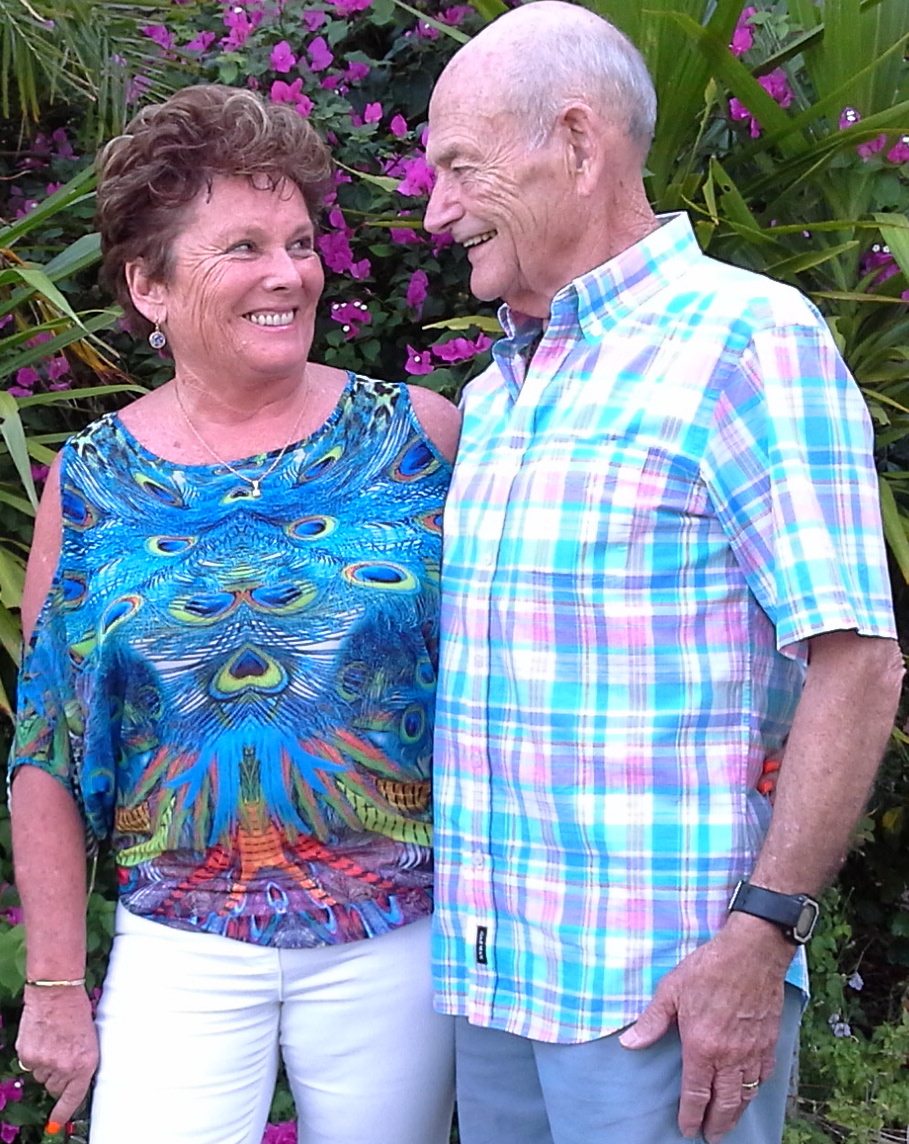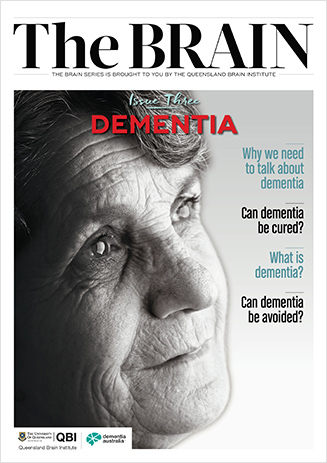Profile: Brian and Heather Fischer
 Husband and wife Brian and Heather Fischer share their experiences of Brian's dementia.
Husband and wife Brian and Heather Fischer share their experiences of Brian's dementia.
For Brian Fischer, a former school principal and district inspector, the symptoms of his Alzheimer’s disease went unrecognised for many years.
“I just thought it was getting older, work, or whatever. I can’t put a date on it,” says the 79-year-old.
His wife, Heather, says she noticed changes 11 years ago. “I noticed that he wasn’t himself, that he was starting to withdraw from socialising, wasn’t taking on the same high-level responsibilities,” she says. “His cognitive ability was still very high in comparison to other people at his age, but for him, I could see a difference. It was taking him longer to do things; he was starting to get a bit confused.”
Because of Brian’s high level of cognitive function, a diagnosis didn’t occur until much later. “It took a long time until his cognitive ability dropped to 65% of the population that they then said, ‘Uh oh, there is something wrong,’” says Heather.
Brian’s initial reaction to his diagnosis with Alzheimer’s disease was both relief and disbelief. “I didn’t know anything about it. I was ignorant. I had to come to terms with the fact that maybe I was losing my memory, that I wouldn’t recognise my family, I wouldn’t recognise Heather.”
But, he says, he was relieved that “somebody put a name onto all this behaviour and frustration and anxiety. That initial relief is growing into a genuine acceptance of the fact that it happens to people, and I am one of those people.”
Attending a Living Well with Dementia program, run by Alzheimer’s Australia, has afforded the Fischers both a sense of community and a deeper understanding of the condition.
“You shouldn’t feel ashamed about the way you are given that you have been diagnosed with Alzheimer’s,” says Brian.
“I had an understanding of what it was,” says Heather. “I was frightened of where he was going to, what his journey would be, but just knew that it wasn’t simple.”
Brian’s fellow attendees and their carers still regularly meet up. All have been affected in different ways, says Heather. “Brian can read and write; others can’t. Some are great at mathematics, others can’t add up two and two. Some can speak beautifully, some find it difficult to get words out.”
“Alzheimer’s Australia taught us that it’s okay to have bad days,” says Heather. “That it was okay to get upset, it was okay to ask for help, and that it would be hard, but the more we worked together, the better it would be.”
Dementia helpline: 1800 100 500


